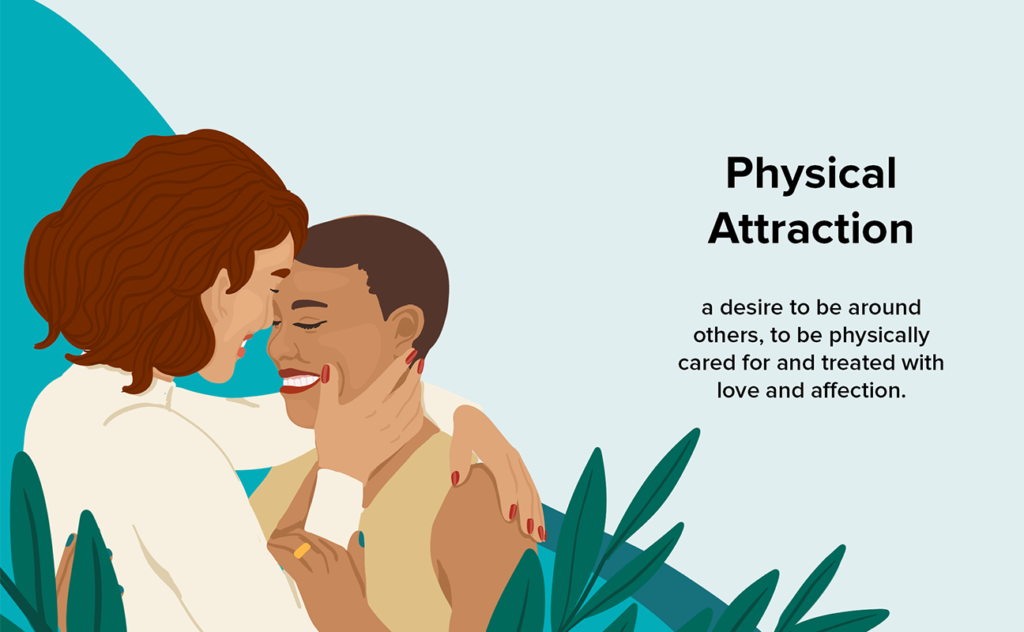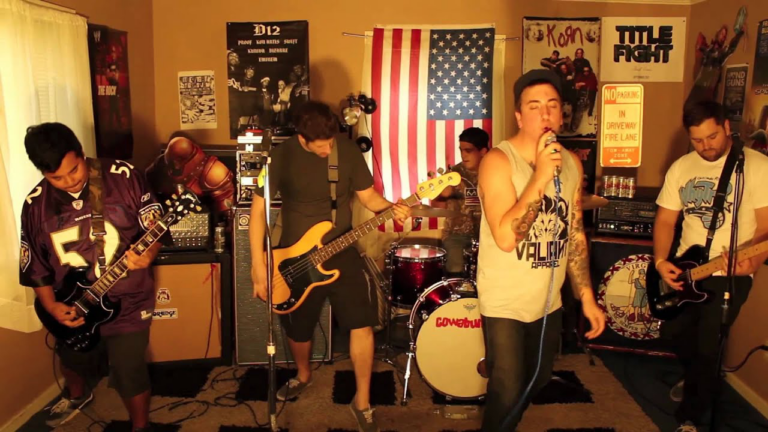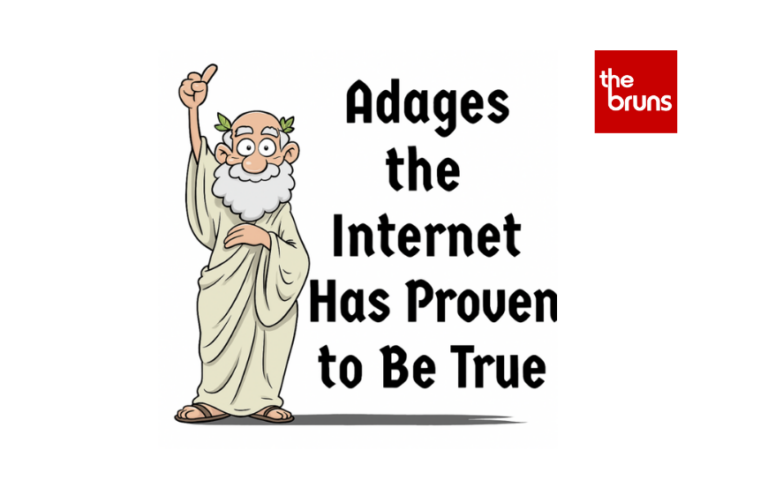By: Crystal Keyamo
Sex! It’s everywhere: whispered about in hushed tones, flaunted in pop culture, and dissected in scientific studies. While most people think of sex as a physical act — and, let’s be honest, it is — the brain is the real powerhouse behind the scenes. Your neurons, hormones, and subconscious thoughts are throwing an all-night party before your body even makes a move.
Your brain is basically a DJ making a playlist for intimacy. It floods your brain with dopamine, when you are aroused, giving you that thrilling “can’t-get-enough-of-you” feeling. Then oxytocin — the so-called love hormone — floods in post-climax, making you feel all cuddly and connected. If you’ve ever found yourself suddenly texting someone you said you were DONE with, blame oxytocin for acting like Cupid on steroids.
But it doesn’t stop there. Every time you are attracted to someone, your amygdala (the part of your brain that deals with emotions) and your prefrontal cortex (the part that deals with judgment) are in an argument. That’s why your brain sometimes tells you to pursue a walking red flag, because your reasoning side knows that they are trouble, but your emotional brain… is already choosing baby names.
Attraction can be More Than Just Looks (Seriously, it is)
Ever heard of the Mere-Exposure Effect? The more you see someone, the more attractive they become — hence why that coworker who was just “okay” on day one is suddenly a snack by week three. Your brain basically has a crush on familiarity.
Figuring It Out in a Digital Age
For young people, sex and sexuality are a mix of curiosity, experimentation, and sometimes sheer confusion. The Internet has created an era where sexual education comes not just from school or parents, but from TikTok, Reddit, and a million questionable Google searches. This can be both a blessing and a curse; while information is more accessible than ever, misinformation is equally rampant.
What is more, sexual identity has never been explored so openly before. Concepts such as fluidity, asexuality, and non-binary attraction are increasingly discussed, giving young people the vocabulary to understand their own desires and identities. Unlike generations past, today’s young people live in a hyper-sexualized and sexually progressive world, and their experiences are both liberating and complex.
Fantasy and Desire: Why Your Brain Writes the Best Love Stories
Your fantasies are less about what is happening in the bedroom and more about what is happening in your mind. Sexual arousal is not just biological — it is psychological. This is why reading a well-written novel can be more exciting than actual physical touch. Your brain incorporates experience, memories, and expectations and creates a complete mental seduction.
The Role of Peer Pressure and Social Media
Let us be real, social media is shaping modern sexuality. Young people are constantly bombarded with messages about what is “normal,” what is “sexy,” and what is expected of them. The pressure to fit in, whether through relationships, appearance or sexual preference, is so great that it is no wonder some people feel the need to demonstrate sexual activity rather than actually experiencing it.
And do not forget the comparison trap. At first glance, a perfect couple on Instagram makes real relationships seem lacking. Reality? No relationship is as perfect as its carefully selected highlights. The key is to recognize that social media is not real life and to develop a sense of self-worth that is not dictated by likes and reposts.




